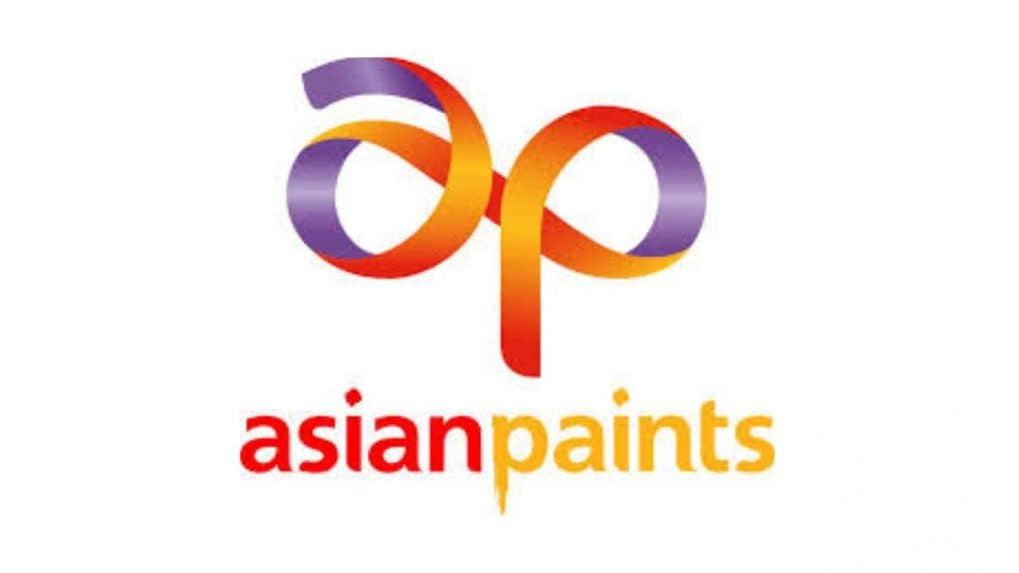CCI finds prima facie abuse of dominance by Asian Paints in Grasim Paints case
Competition Commission finds prima facie evidence of anti-competitive conduct, including coercion of dealers, input foreclosure, and abuse of dominance by Asian Paints in India’s decorative paints market.
ADVERTISEMENT
In a major development that could shake up the country’s Rs 70,000 crore paints industry, the Competition Commission of India (CCI) has ordered a formal investigation against Asian Paints Ltd. after finding prima facie evidence of anti-competitive practices aimed at stifling the entry and growth of Grasim Industries’ Birla Opus brand in the decorative paints segment.
In a detailed 16-page order issued on July 1, 2025, the Commission has observed that Asian Paints, the long-standing market leader with over 50% share, appears to have abused its dominant position through a multi-pronged strategy to restrict the operations of the new entrant Birla Opus— ranging from coercing dealers and suppliers to sabotaging distribution networks and offering arbitrary incentives in exchange for exclusivity.
The CCI has now directed the Director General (DG) to conduct a full-fledged investigation and submit a report within 90 days.
What Grasim Alleged Against Asian Paints
Grasim Industries, a flagship company of the Aditya Birla Group, formally entered the decorative paints market under the Birla Opus brand in March 2024. In its complaint to the CCI, it alleged that Asian Paints systematically tried to block its entry by:
- Enforcing exclusivity through intimidation:
Dealers stocking Birla Opus paints were allegedly threatened with credit cuts, service delays, inflated sales targets, and loss of perks such as foreign travel and premium club memberships.
- Tinting machine sabotage:
Dealers were reportedly directed to return or refuse installation of Birla Opus’ technologically superior tinting machines, critical infrastructure that enables colour mixing at paint outlets.
- Incentivised loyalty for exclusivity:
Asian Paints allegedly offered extra discounts, privileges, and loyalty perks not based on dealer performance but on the condition that they don’t stock competing products like Birla Opus.
- Input foreclosure and third-party coercion:
Grasim also alleged that Asian Paints pressured raw material vendors, warehouse owners, clearing and forwarding agents, and transporters to cut ties with Birla Opus or face business losses.
- Smear campaigns and intimidation:
Grasim claimed that Asian Paints resorted to a smear campaign in Srinagar in July 2024, although the CCI has deferred comment on that pending an FIR.
What the CCI Observed
Based on Grasim’s complaint, including affidavits, third-party dealer surveys, audio recordings, and other documentary evidence, the CCI concluded that there is sufficient merit to initiate a formal probe.
- Prima facie dominance of Asian Paints confirmed
Reiterating its earlier view from the JSW Paints case, the CCI noted that Asian Paints continues to dominate the “market for manufacture and sale of decorative paints in the organised sector in India”, with over 53% revenue share, 74,000+ dealers, and installed capacity far ahead of rivals.
- Unfair imposition of exclusivity on dealers
CCI observed that Asian Paints prima facie used coercive tactics to enforce exclusivity: lowering credit limits, cancelling benefits, reducing customer leads, and threatening contract termination if dealers stocked Birla Opus. Such practices amount to unfair conditions under Section 4(2)(a)(i) of the Competition Act.
- Tinting machine interference restricts tech development
The Commission took note of dealer testimonies and affidavits showing that Asian Paints prevented installation of Birla Opus’ advanced tinting machines—thus impacting market access and innovation. This could violate Sections 4(2)(a)(i) and potentially 4(2)(b)(ii) (technical development), though the latter wasn’t confirmed due to insufficient data at this stage.
- Incentives tied to exclusivity, not performance
CCI flagged Asian Paints’ practice of offering extra discounts, franchise opportunities, and club memberships to dealers who avoided competitors like Birla Opus. The Commission noted these were not based on uniform sales performance but rather on compliance with exclusivity—qualifying as supplementary obligations under Section 4(2)(d).
- Denial of market access through supplier coercion
The order states that input foreclosure occurred as Asian Paints allegedly instructed vendors at a 2023 event to avoid supplying to Birla Opus, or to do so only at inflated prices. Multiple vendors and manufacturers corroborated this. The CCI sees this as a denial of market access under Section 4(2)(c).
Grasim’s Birla Opus has grown rapidly since its formal launch. Within its first year, achieved a gross revenue of Rs 2,600–2,700 crore. This strong performance helped them become the third-largest decorative paint brand within six months and secure a high single-digit market share in the fourth quarter of FY25. Additionally, Birla Opus established the second-largest depot network and reached 50,000 dealers with tinting machines.
Read more: Asian Paints trims ad spend by 0.68% to Rs 1,297 crore in FY25, amid market challenges
Storyboard18 earlier reported that dealers, though historically loyal to Asian Paints for credit support, sales consistency, and promotional backing, may gradually diversify inventories if confidence dips. Real estate developers, procurement agencies, and institutional buyers could also explore alternatives in a bid to mitigate risk.
Asian Paints' profit and revenue dropped significantly in fiscal year 2025. The company clocked a profit of Rs 3,585 crore in FY25, down 35% year-on-year. Whereas, the revenue from sales declined from Rs 31,093 crore in FY24 to Rs 29,421 crore in FY2025.
If the probe confirms abuse of dominance, Asian Paints could face penalties up to 10% of its turnover and be subject to structural or behavioural remedies, including potential restrictions on dealer agreements or supply-side interventions.


